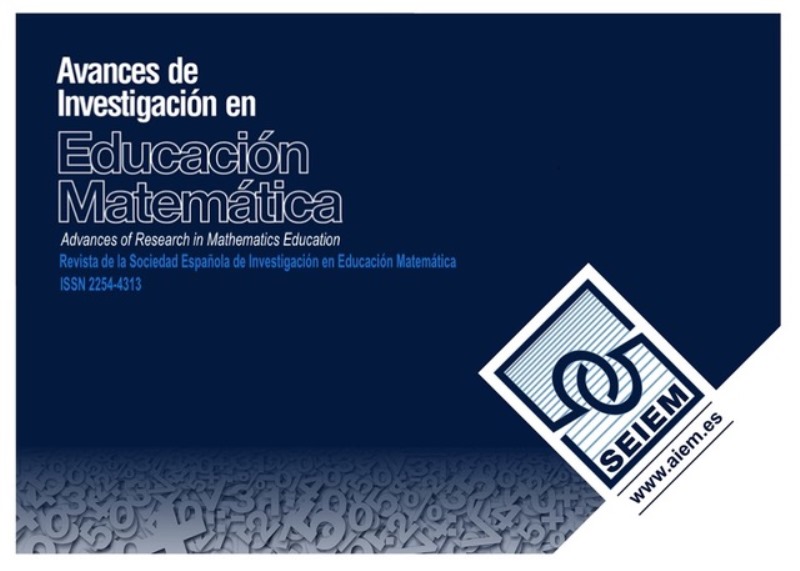Task design in the framework of the Anthropological Theory of the Didactic
DOI:
https://doi.org/10.35763/aiem.v0i15.267Abstract
In the Anthropological Theory of the Didactic (ATD), task design is integrated into its experimental methodology in terms of didactic engineering. The implementation of new teaching and learning organizations, based on new ways of conceiving school mathematical activities, is an integral component of the ATD epistemological and institutional analyses. In this article, we reflect on the objectives, principles, methodology and scope that we attribute to this experimental work. Three cases complement this reflection, to exemplify how these objectives, principles and methodology have been implemented in concrete didactic processes. We conclude with a reflection about the necessary dialectic between research, design and teaching practices, with the aim of deepening into the analysis of the ecology of our proposals, that is, the conditions that enable certain activities to exist in school institutions, as well as the constraints that hinder their development as normalised classroom activities, from a non-normative perspective of didactic research.
Downloads
Downloads
Published
How to Cite
Issue
Section
License
The articles published in this journal are under a license Creative Commons: By 4.0 España from number 21 (2022).
Authors who publish with this journal agree to the following terms:
- Authors retain copyright and keep the acknowledgement of authorship.
- The texts published in this journal are – unless indicated otherwise – covered by the Creative Commons Attribution 4.0 international licence. You may copy, distribute, transmit and adapt the work, provided you attribute it (authorship, journal name, publisher) in the manner specified by the author(s) or licensor(s). The full text of the licence can be consulted here: http://creativecommons.org/licenses/by-nc/4.0.
- Authors are able to enter into separate, additional contractual arrangements for the non-exclusive distribution of the journal's published version of the work (e.g., post it to an institutional repository or publish it in a book), with an acknowledgement of its initial publication in this journal.
- Authors are permitted and encouraged to post their work online (e.g., in institutional repositories or on their website) prior to and during the submission process, as it can lead to productive exchanges, as well as earlier and greater citation of published work (See The Effect of Open Access).









